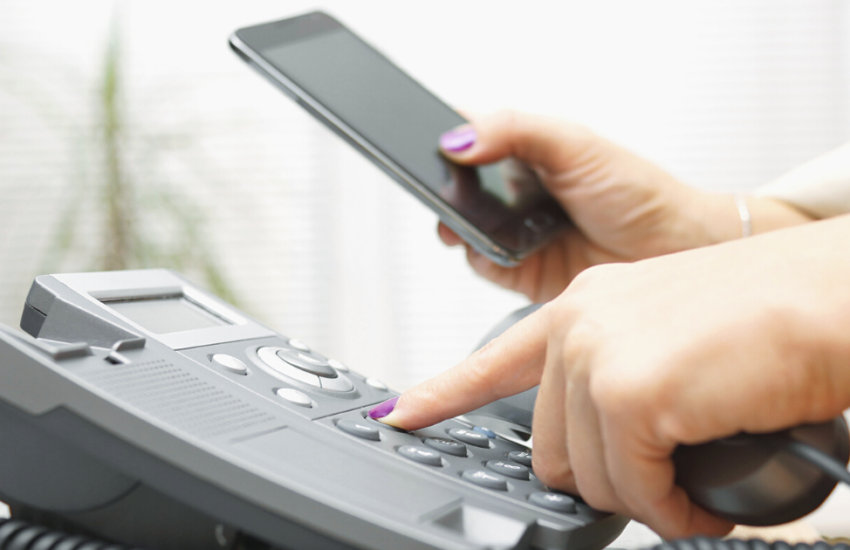Vertical Service Codes, or CLASS Codes
Telephones can do so many things for us in regard to managing our communication. The Vertical Service Code (VSC) is the technical name for the code we press for a telephone function. As an example, Caller ID Privacy is “star six-seven,” or “*67.” Dialing a star is easier than pressing “one-one” or “11.” The star in this case is also an asterisk, but we have always called this symbol a “star” for obvious reasons – it looks like a star. Therefore, it is “star” and dialing “six-seven” afterword blocked your identity before you dial a phone number. These functions are also called, “star codes.”
AT&T coined the phrase, “CLASS CODES™” to explain these telephone functions or services. CLASS is an acronym for Custom Local Area Signaling Services, and you almost have to take a class to understand CLASS codes and what they all do.
AT&T then trademarked the word, “CLASS Codes™” that is the acronym to explain these telephony functions. Then, someone with the North American Numbering Plan Administration chose to explain these CLASS codes as, “Vertical Service Codes” to avoid the use of the Trademarked word, “CLASS.” They were not going to pay AT&T to use this word, and therefore they changed the name.
There was not much uniformity in telco back in the day, and various Switch manufacturers wanted to differentiate themselves. So some programed their switches to use the “hash” or “hashtag” as it is popularly known now. Also called the “pound key” too. Dialing, 72# was the same as dialing, *72 for call forwarding. What is interesting is these codes will forward phone calls, *72, #72, 1172, and 72#. They all do the same thing if you dial # before a code the code technically NOT a Vertical Service Code like *72, or 1172 are.
You do not have to dial a VSC to use the NumberGarage™ FORWARD service. We assume you have more than one phone number, and you might be in need of simplifying your communication.

